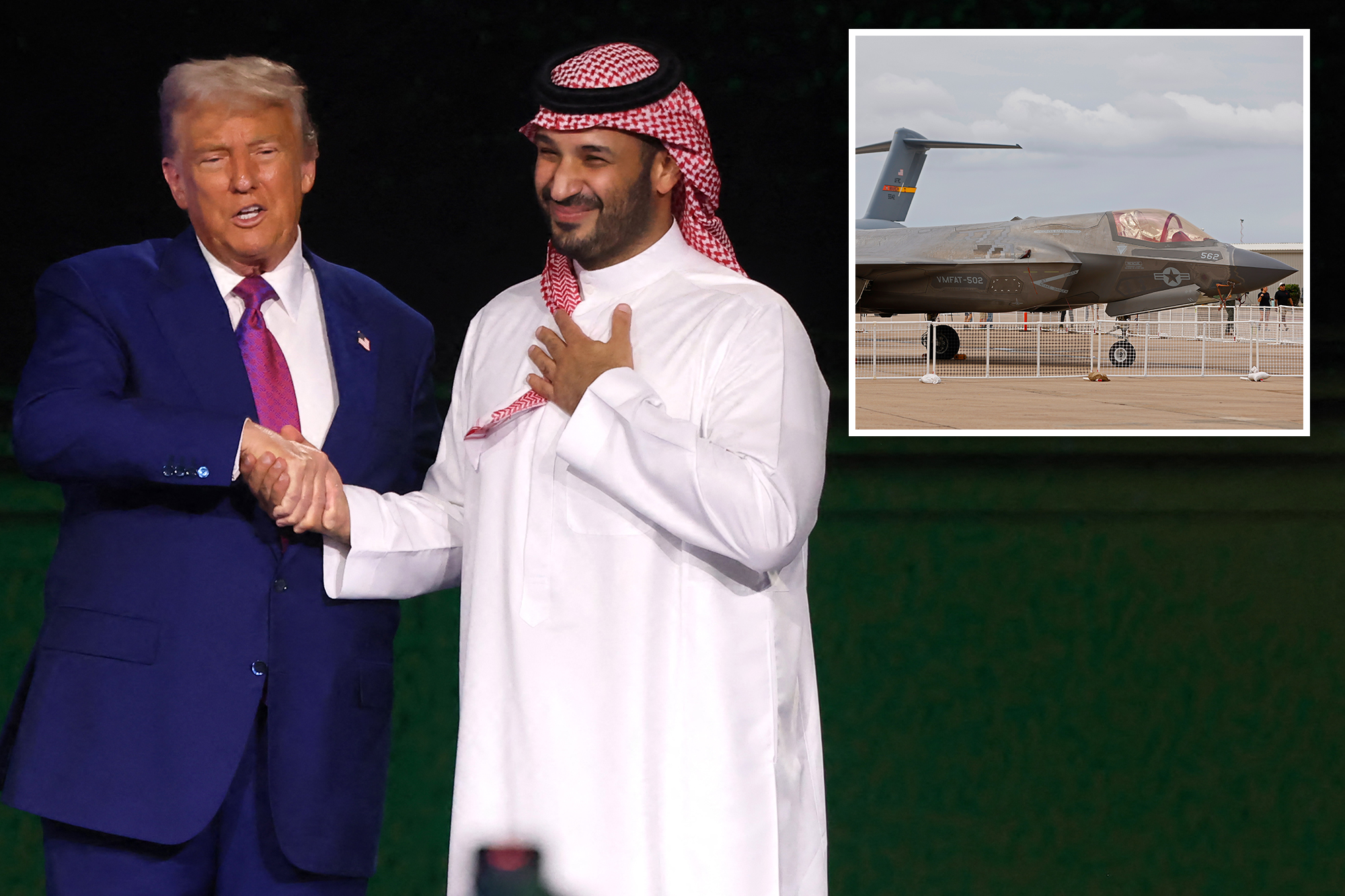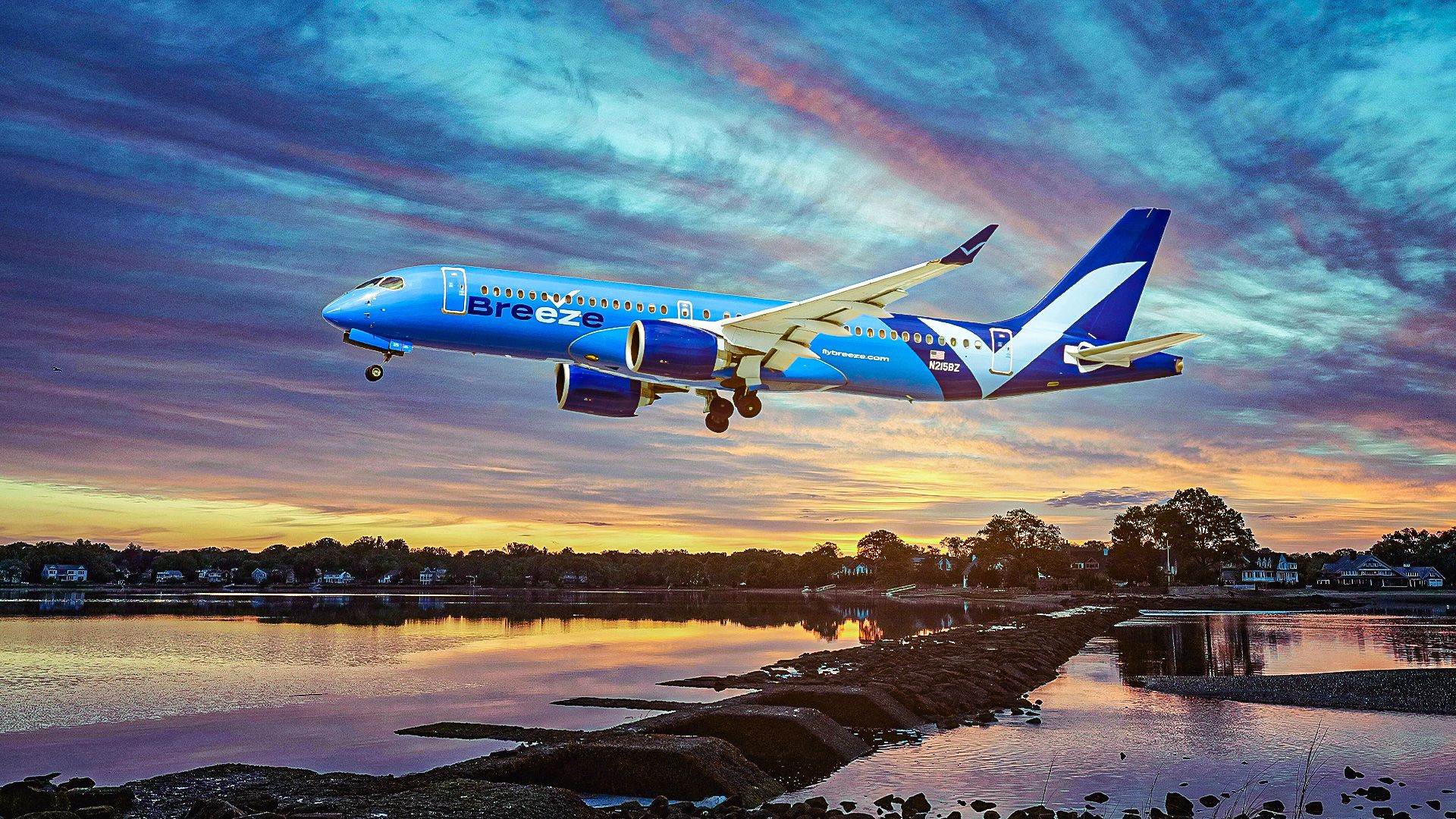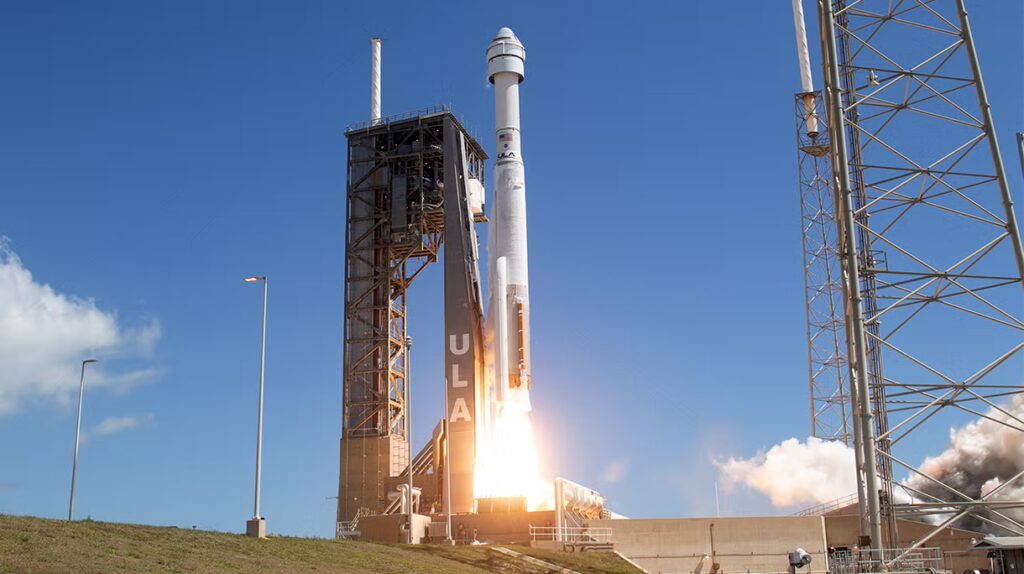Israel is advocating for the United States to condition its sale of F-35 fighter jets to Saudi Arabia on the progress of diplomatic relations between Riyadh and Jerusalem. An unnamed Israeli official stated, “We told the Trump administration that the supply of F-35s to Saudi Arabia needs to be subject to Saudi normalization with Israel.” This position marks a significant stance given the ongoing discussions regarding military sales in the region.
While Israel has openly opposed the sale of F-35s to Turkey, officials express a more lenient view towards Saudi Arabia, provided that the sale aligns with broader regional security cooperation as envisioned in the Abraham Accords. The same official remarked, “We are less concerned about such weapons systems in Saudi Arabia if it’s part of a regional security cooperation, like we have with the United Arab Emirates.”
The renewed discussions come as President Donald Trump and Saudi Crown Prince Mohammed bin Salman are set to meet on March 5, 2024, at the White House to discuss a potential US-Saudi mutual defense agreement. This agreement could encompass the sale of F-35s, which are known for their advanced capabilities and stealth technology.
Israel is particularly concerned about the strategic implications of F-35s being stationed in Saudi Arabia. One official noted, “It takes minutes for an F-35 to fly from Saudi Arabia to Israel,” emphasizing that they are insisting Saudi jets not be allowed to station in western regions of the country. Not conditioning the sale on normalized relations would be viewed as “counterproductive,” according to the same official.
The F-35, capable of reaching speeds of up to Mach 1.6 (approximately 1,200 miles per hour), is available in several variants. The F-35A is designed for conventional takeoffs and landings, the F-35B for vertical landings, and the F-35C for carrier operations. Each unit is priced at a minimum of $101.5 million.
Currently, Israel is the only country in the Middle East with F-35s, possessing 45 jets and having 30 more on order, according to the Times of Israel. President Trump mentioned that Saudi Arabia has expressed interest in acquiring “a lot” of fighter jets, with estimates suggesting the kingdom could invest billions in securing 48 aircraft.
In May 2023, Trump signed a historic defense sales agreement with Saudi Arabia worth $142 billion, which included provisions for state-of-the-art military equipment from numerous US defense firms. At that time, Trump expressed his “fervent hope” that Saudi Arabia would join the Abraham Accords, which have seen Israel normalize relations with several Muslim-majority nations in the region.
Saudi Arabia has indicated that its commitment to the Abraham Accords hinges on Israel’s acceptance of Palestinian statehood. As part of his visit to the United States, Crown Prince Mohammed bin Salman will also participate in a US-Saudi Business Council meeting at the Kennedy Center on March 6, where he is expected to engage with various CEOs from across the country.
This trip marks the crown prince’s first visit to the United States since the controversial killing of journalist Jamal Khashoggi in the Saudi Consulate in Istanbul in 2018, an incident that has cast a long shadow over Saudi-American relations. As discussions unfold, the potential sale of F-35 jets remains a pivotal issue, reflecting the complex interplay of military, diplomatic, and regional security considerations in the Middle East.







